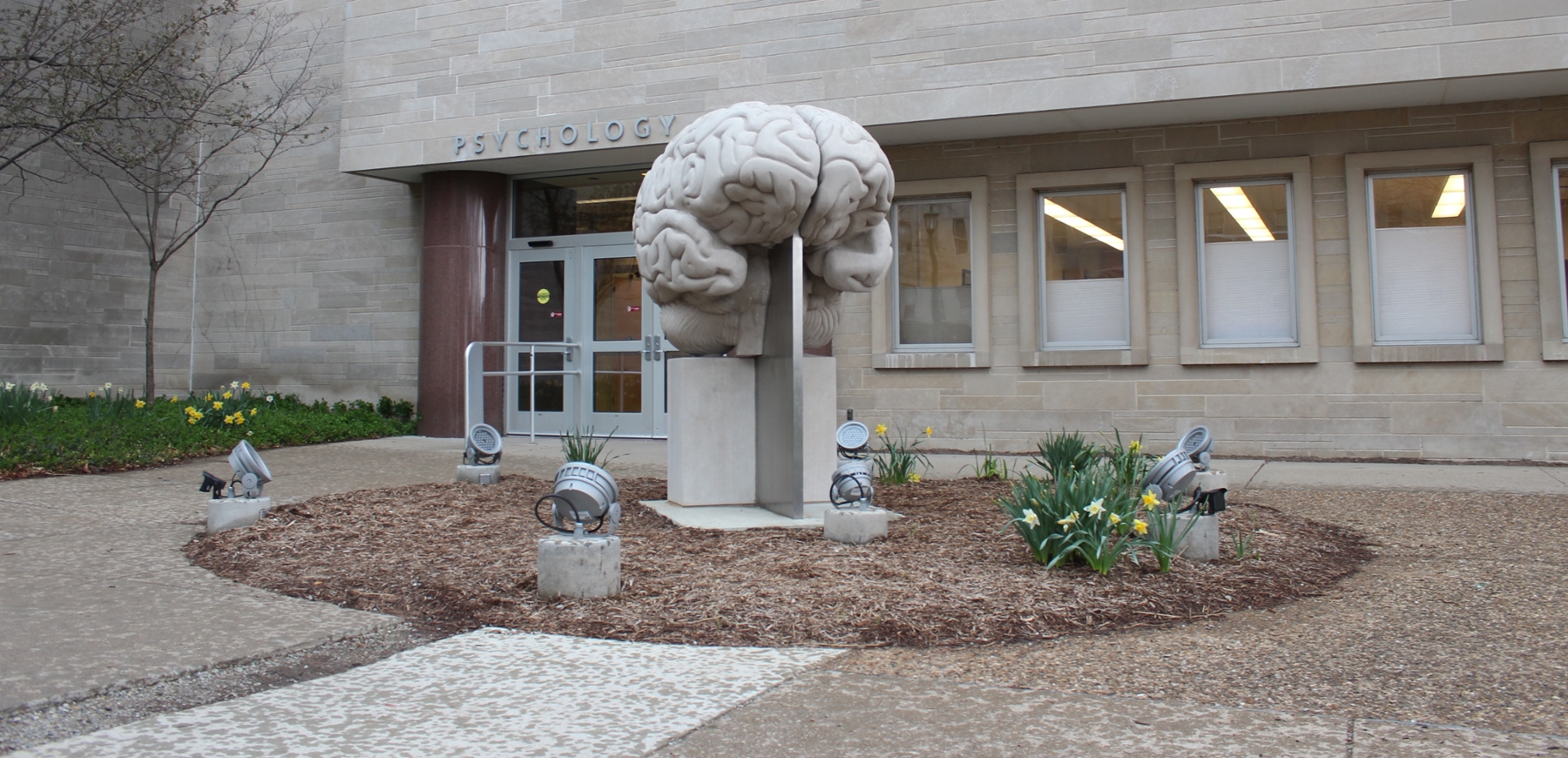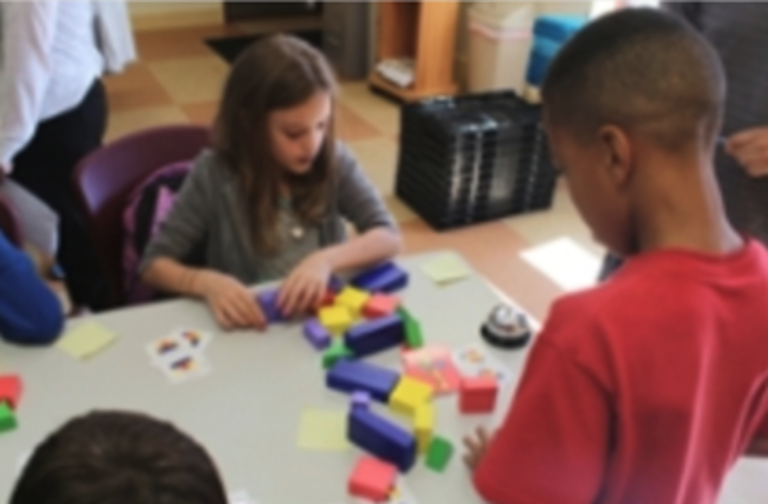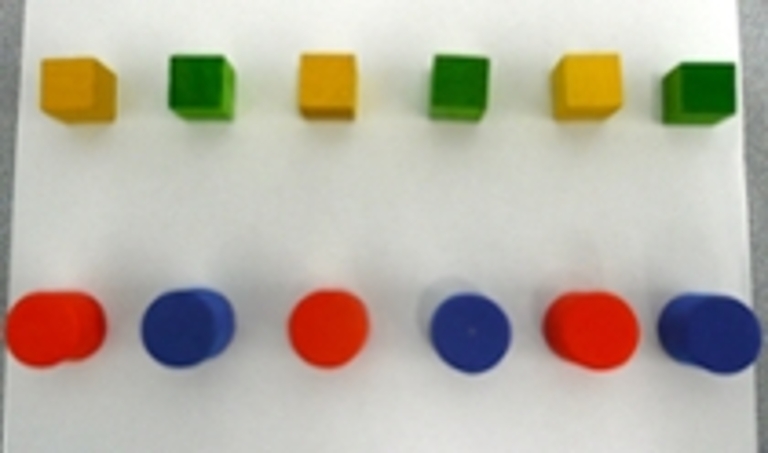Overview
The LEAD Lab is dedicated to exploring the cognitive processes involved in how people learn – and particularly how children think, learn, and solve problems in mathematics. Our research is motivated by a key question: How can we support children’s learning so that it leads to the creation of robust and meaningful knowledge?
To address this question, we typically conduct behavioral experiments in which we manipulate aspects of the learning environment and examine its impact on target learning outcomes. We combine high-density trial-by-trial data with global measures of knowledge to reveal learning processes and key mechanisms of change. We study a variety of related topics, including the influence of different types of instruction and feedback, the effectiveness of using concrete learning materials, and the role of language on children’s relational reasoning.
Importantly, this work bridges psychology and education. The results inform theories of learning and have implications for designing effective learning environments.








